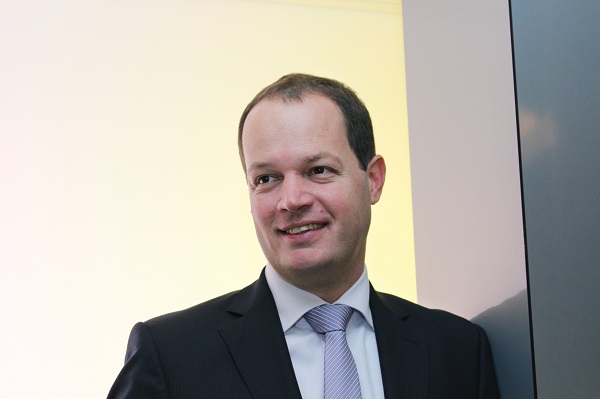
According to the Social Progress Index (SPI) 2016 published by the US-based non-profit organisation the Social Progress Imperative in collaboration with Deloitte, higher GDP per capita alone does not determine real quality of life.
Economic growth only the first step
The 2016 Index which analyses 133 countries, covering 94% of the world’s population, finds that while social progress - which includes measures of opportunity, healthcare, education, and tolerance - does tend to rise as GDP increases, economic wealth on its own does not explain social progress outcomes.
As well as measuring absolute performance on social progress, the report compares each country to 15 other nations with similar GDP per capita to establish strengths and weaknesses relative to those countries with broadly equivalent national wealth. Against this benchmark Costa Rica, Uruguay, Ghana, and Senegal are among the countries classed as ‘overperformers’ on social progress this year.
The world as a whole performs best on issues such as hunger, child mortality, and primary school enrollment, showing the impact of the UN Millennium Development Goals. The world struggles most with issues of personal rights and tolerance and inclusion. The toughest challenges for social progress are on environmental quality and health and wellness, which do not tend to improve as countries get richer.
Tom Pfeiffer, Audit Partner at Deloitte Luxembourg commented “Social progress does not necessarily go hand in hand with economic progress. There are countries that have a sizeable GDP but still underperform when it comes to social factors.” Tom Pfeiffer continued “Luxembourg is not yet included in the rankings. Not because it is not part of the study, or has been misclassified, but because of the lack of transmission of parts of the national data to the Social Progress Imperative. However, Luxembourg is included in the social progress scorecards that the Social Progress Imperative creates. Luxembourg scores highly on many indicators, ranking first in 18 of the 53 criteria considered in the report. If the Luxembourg data were complete, we estimate that we could get among the leading countries of the Index.”
Canada, Australia, and UK rival Nordic model
Five of the twelve countries that achieve ‘Very High’ SPI scores are from the Nordic region - Finland (1st), Denmark (3rd), Sweden (6th), Norway (7th) and Iceland (10th=). But the Nordic model is not the only route to success. Canada (2nd), Australia (4th), Switzerland (5th), Netherlands (8th), UK (9th), New Zealand (10th=) and Ireland (12th) all achieve ‘Very High’ social progress too.
Tom Pfeiffer added “While the Nordic model of social responsibility is seen as a world-beater, in fact, this year’s Index demonstrates that you don’t need to be from a Nordic nation to enjoy very high levels of social progress. Policy-makers around the world now look to countries like Canada and Australia to learn what leaders are successfully doing to improve the lives of their citizens.”








